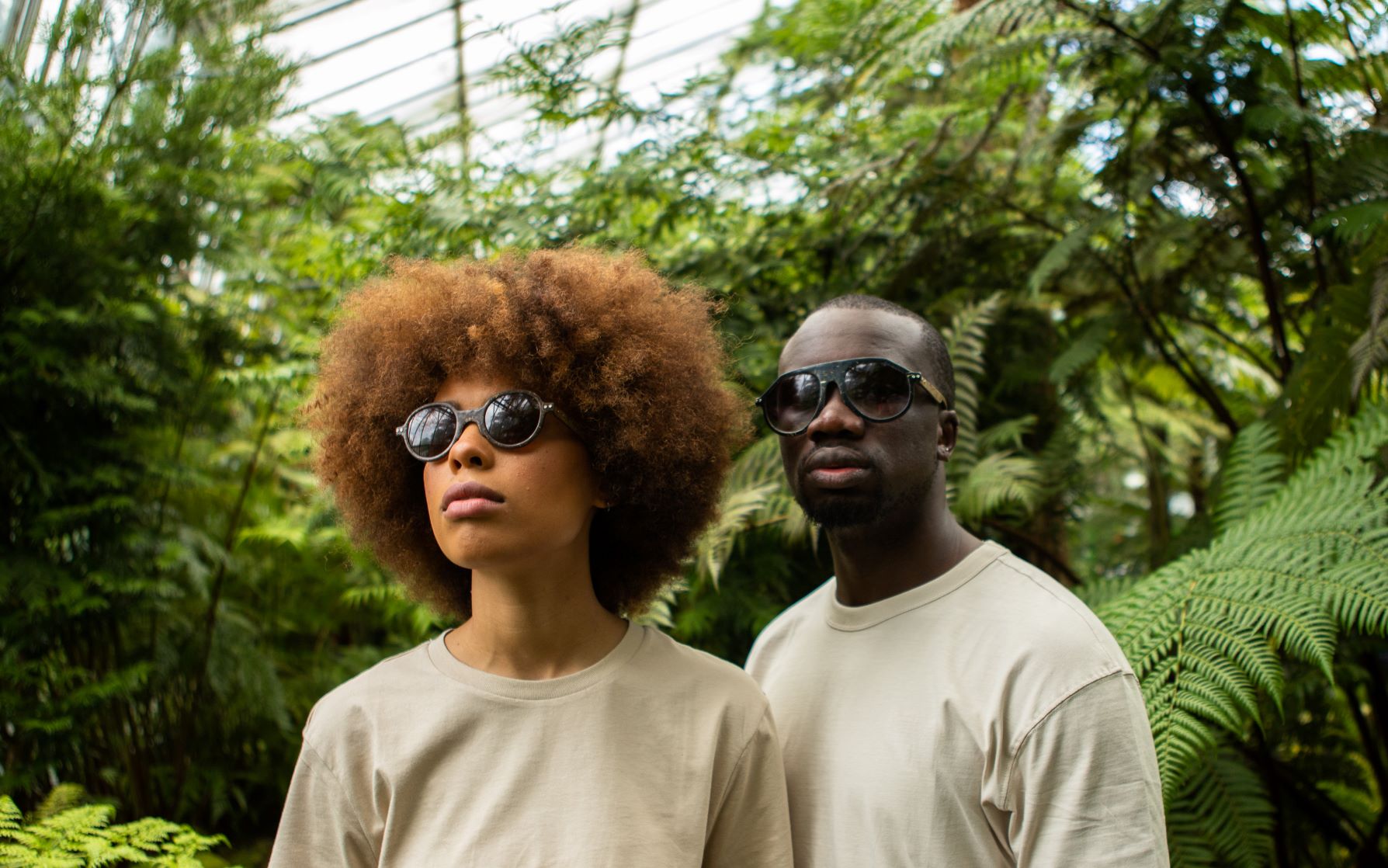It is to no surprise that many global studies show that UV light can also directly increase the risk of a huge array of eye conditions. Not only are sunglasses the best statement accessory, but they also keep your eyes healthy by protecting them from harmful UV rays. For National Sunglasses Day on the 27th we've looked at what are the risks with UV, why should take action now and how sunglasses are so great!

The UV light that manages to get through the atmosphere can burn eye tissue and cause UV damage to eyes. Especially in recent years with the thinning of the ozone layer in the atmosphere, the risks from solar ultraviolet (UV) radiation has been emphasized, with the two biggest health risks associated with UV exposure is eye cancer and cataracts. Statistically, 1 in 930 UK males and 1 in 1,049 UK females will be diagnosed with eye cancer in their lifetime. And though these numbers may seem small, in the UK there are two people diagnosed every day with the disease.
Also directly linked to too much constant glare, either from direct sunlight or water and snow, is an increased risk of cataracts. That’s down to UV exposure which can damage the eyes over time. Prolonged exposure to the damaging light also increases your risk for developing macular degeneration, a build up of pink tissue that affects the cornea, and temporary vision loss due to corneal sunburn.
It should also be noted that UV damage is cumulative, occurring over a lifetime of exposure. This makes children extra vulnerable, so get them in the habit of wearing sunglasses early!

Make sure that you’re investing in the right sunglasses though! Many cheap lenses are not 100% certified UV safe and not all stickers claiming ‘UV PROTECTION’ have actually been tested.
Its also good to note the fact that darker lenses don’t necessarily mean that they offer better protection. This also means that coloured lenses do not affect the quality of UV protect they offer. Most importantly is whether or not the lenses are guaranteed with certification that they will block out 100% of UV light. Hemp Eyewear uses are extensively tested, proving that they meet the standard for non-prescription sunglasses and fashion eyewear and also that they are water resistant with ‘normal daily washing/drying testing for 1 year not causing a significant decrease in the protective effect of the UV tint’.
Its never too soon to start taking action to protect the health of your eyes, so spread the word to help mitigate serious vision problems in the future.
Joint the conversation with #NationalSunglassesDay

